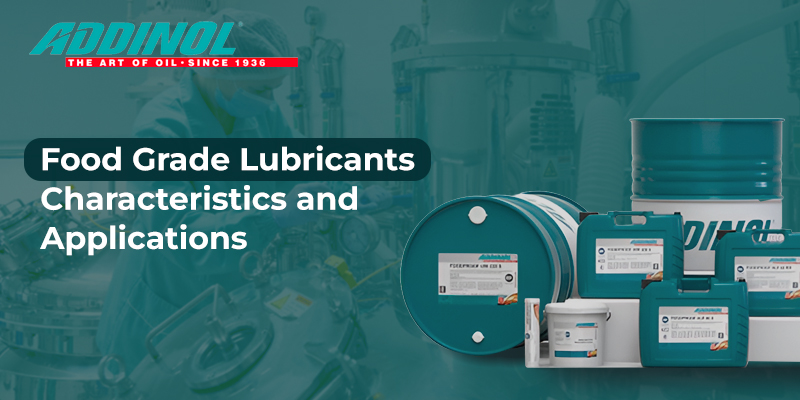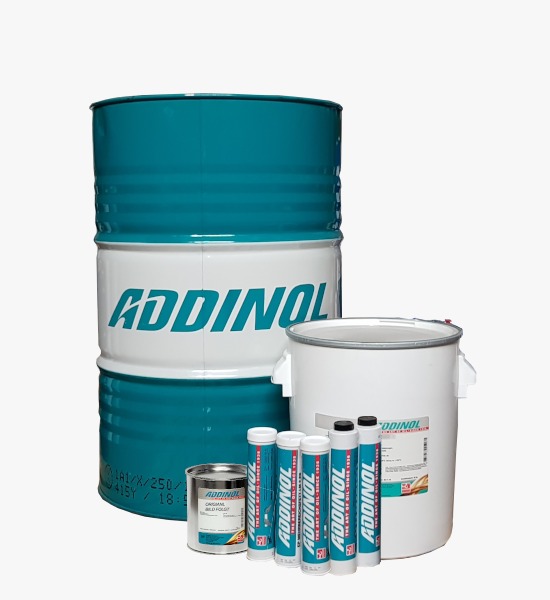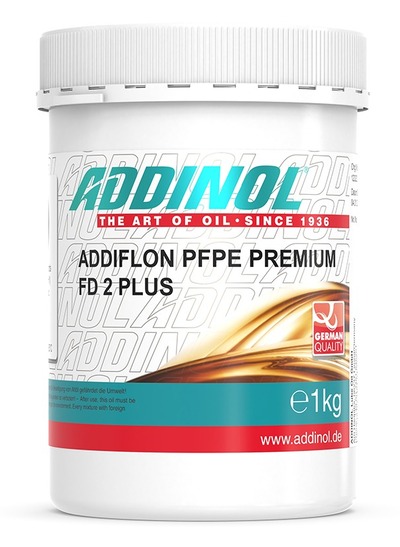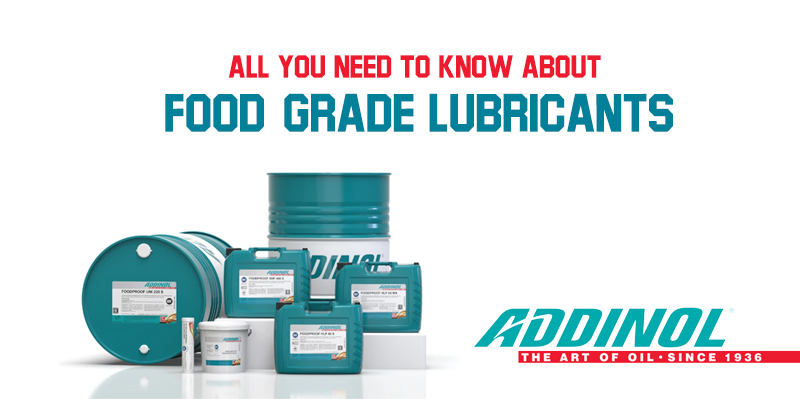In our current reality where natural maintainability is central, businesses progressively go to eco-accommodating choices to decrease their environmental impression. One such development is biodegradable water-powered liquids, an essential part in different hardware and gear. Biodegradable Hydraulic Fluids, uncover what makes them harmless to the ecosystem, their applications, and the key elements that put them aside from regular pressure-driven liquids.
What Makes a Hydraulic Fluid Environmentally Friendly?
- Biodegradability:
Biodegradable hydraulic fluids are formulated to break down naturally over time, reducing their impact on the environment. This means that in the event of a spill or leakage, these fluids are less likely to harm ecosystems and aquatic life compared to their non-biodegradable counterparts.
- Low Toxicity:
This fluid is designed to be non-toxic, minimizing the potential harm to humans, animals, and plant life. This characteristic is crucial for industries operating in environmentally sensitive areas or those seeking to adhere to stringent environmental regulations.
- Renewable Resources:
They are derived from renewable resources, such as vegetable oils or synthetic esters. This contrasts with conventional hydraulic fluids, which are often petroleum-based and contribute to the depletion of non-renewable resources.
- Reduced Environmental Impact:
Conventional hydraulic fluid manufacture and disposal can have a big impact on the environment. Biodegradable solutions use less waste and more sustainable resources to lessen these effects.
Applications of Biodegradable Hydraulic Fluids
- Marine Environments:
Biodegradable hydraulic fluids find extensive use in marine applications, particularly in vessels and equipment that operate in or around sensitive aquatic ecosystems. These fluids are less likely to harm marine life in case of leaks or spills, making them a preferred choice for environmentally conscious maritime industries.
- Construction and Mining:
Strong hydraulic systems are frequently needed for heavy machines used in mining and construction. By offering a sustainable substitute, biodegradable hydraulic fluids lessen the negative effects of these industries on the environment.
- National Parks and Protected Areas:
In settings where protecting natural habitats and ecosystems is critical, BHF are essential. These environmentally friendly fluids have a smaller ecological imprint, which is advantageous for wildlife reserves, national parks, and other protected places.
- Agriculture and Forestry:
In industries like agriculture and forestry, where machinery operates in close proximity to crops, forests, and water bodies, the use of biodegradable hydraulic fluids is essential. Their low toxicity and biodegradability ensure minimal harm to the environment in case of accidental spills.
Key Features of Biodegradable Hydraulic Fluids
- High Lubricity:
Biodegradable hydraulic fluids offer excellent lubrication properties, ensuring smooth operation of hydraulic systems. This helps reduce wear and tear on machinery components, leading to extended equipment lifespan.
- Viscosity Stability:
The viscosity index quantifies how much a fluid’s viscosity changes in response to temperature variations. The fluid thickens less as the temperature drops and thins less when the temperature rises, the greater the viscosity index. Suppliers need to evaluate the viscosity index as it factors in a hydraulic fluid’s performance, especially when there are wide fluctuations in the fluid’s temperature.
- Corrosion Protection:
Biodegradable hydraulic fluids offer effective corrosion protection for metal components within hydraulic systems. This helps prevent rust and corrosion, extending the life of machinery.
- Compatibility:
In order to ensure system component compatibility, the hydraulic fluid also needs to be compatible with the system’s seals and finishes and generally inert in its response to the building materials. To withstand oxidation and bacterial breakdown, the fluid needs to be both thermally and shear stable and non-reactive with the other system components.
Conclusion
In many industries, biodegradable hydraulic fluids are a big step toward sustainable operations. They are an essential part of efforts to lessen environmental effects because of their low toxicity, renewable resources, and environmentally favorable qualities. Biodegradable hydraulic fluids are opening doors for a more environmentally friendly and sustainable future in industrial sectors worldwide, with applications spanning from construction and agriculture to maritime environments and beyond. Industries can guarantee the longevity and effectiveness of their machinery and equipment while simultaneously protecting the environment by selecting these environmentally friendly substitutes.
Discover eco-friendly solutions with Addinol India – your premier source for biodegradable hydraulic fluids. Enhance performance while prioritizing environmental responsibility with our cutting-edge products.





